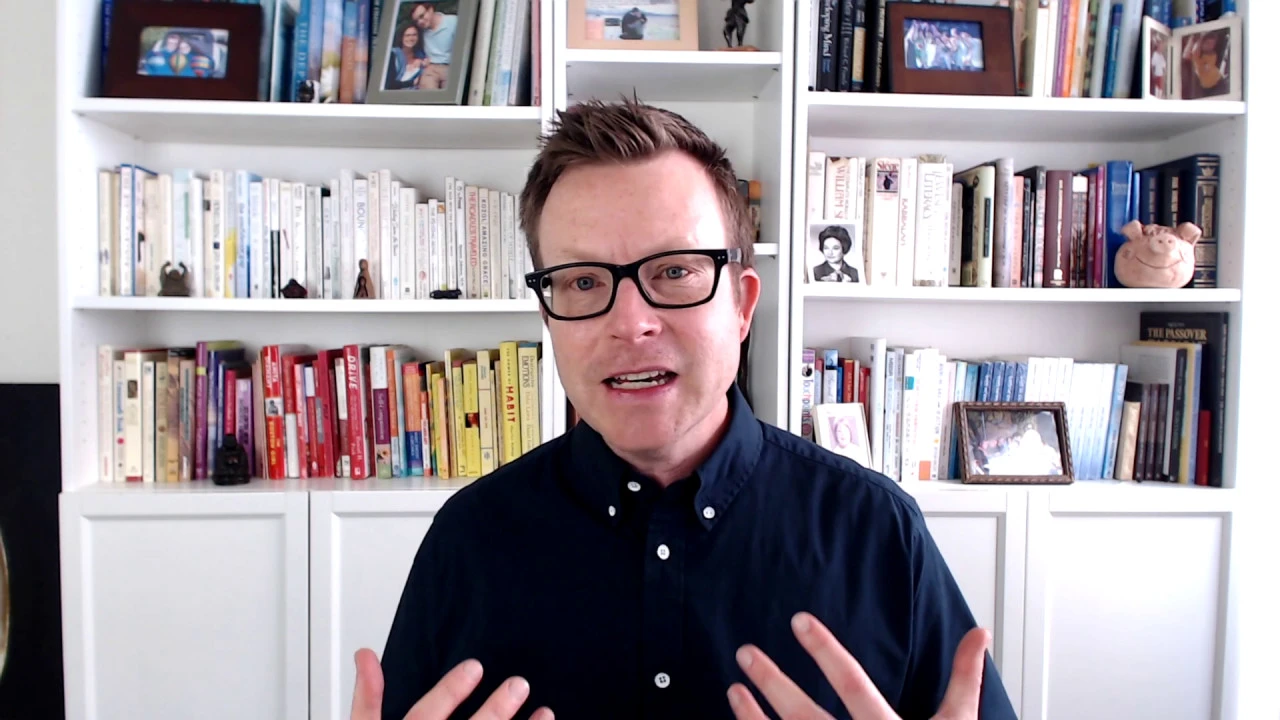Be the Change You Wish to See in the World

Founder and Psychologist
dr-elisha
Life is a practice, and what you choose to practice is what makes up your character. It’s worth considering what you value in life, and then making an intention and plan to live alongside those values. Ghandi’s wise words can inspire us to: “Be the change that you wish to see in the world.”
Consider how simple it really is:
– If you want to be more grateful in life, practice being grateful.
– If you want to be more confident, practice confidence.
– If you want to be more mindful, practice mindfulness.
– If you want to be more loving, practice loving yourself and others.
– If you want to be more forgiving and to let go of stress-laden emotional burdens, practice forgiveness.
– If you want a life filled with more compassion and generosity, 2 essential elements for lasting happiness, practice compassion and generosity.
While simple on paper, in practice it’s a little more difficult to live this way.
As humans, we are “blessed” with a negativity bias in our brains which keeps us on high alert to negative and fearful cues. This negativity bias ensures our species’ survival, but can infringe upon our ability to stay on a direct path to happiness and well-being. It may tell us that we’re not able to practice these ways of living, or that we’re “not good enough.” It may also warn us that if we feel too good we might be caught off-guard, causing us to shift into a mode of catastrophic thinking.
However, by listening to the wisdom inside ourselves we can learn to pay attention to the negativity bias when it matters, and to tune it out when it’s misdirected.
Learning to practice what we know is the right path for us is contagious. It gives other people permission to take positive steps for themselves, and the ripple effects can continue on and on and on. This practice can begin with me and you.
Choose today to be the day to intentionally practice the change you want to see in the world.
It is in each and every one us to be that loving awareness.
Adapted from Mindfulness and Psychotherapy

